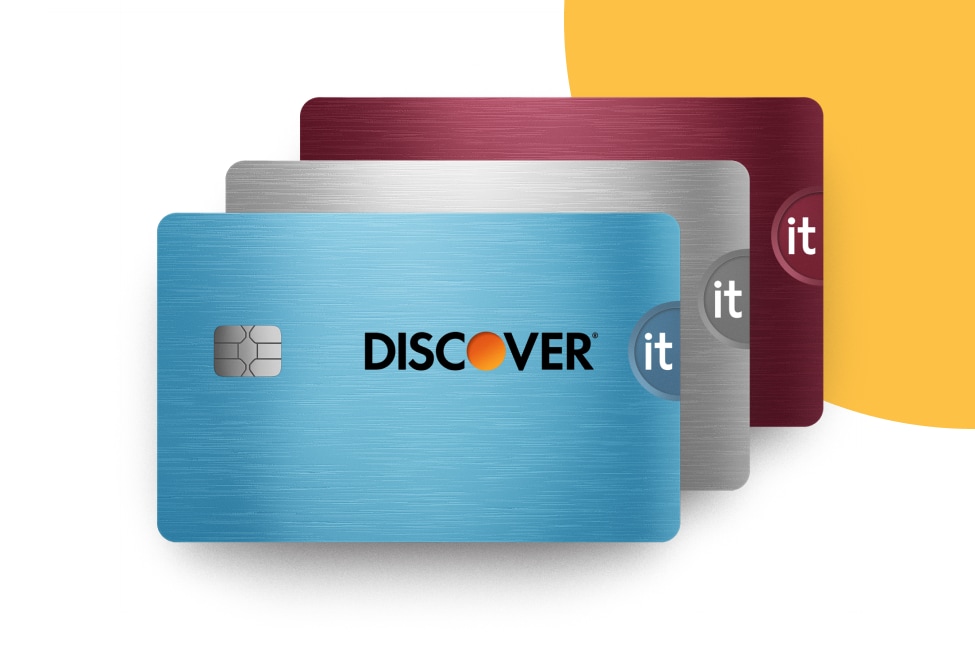
Your credit card may come with a cash back program that encourages you to use your card on everyday purchases. But what is cash back? Cash back is a type of reward that a participating credit card, debit card, or app may offer, which allows you to earn a percentage of each eligible purchase back as cash.
Some cash back credit cards offer a standard percentage of cash back across all eligible transactions. Others may provide a higher percentage of cash back for certain spending categories like gas, food and drinks from restaurants, and travel. If you want to earn some extra cash while you shop, consider a cash back program that aligns with your shopping habits.






